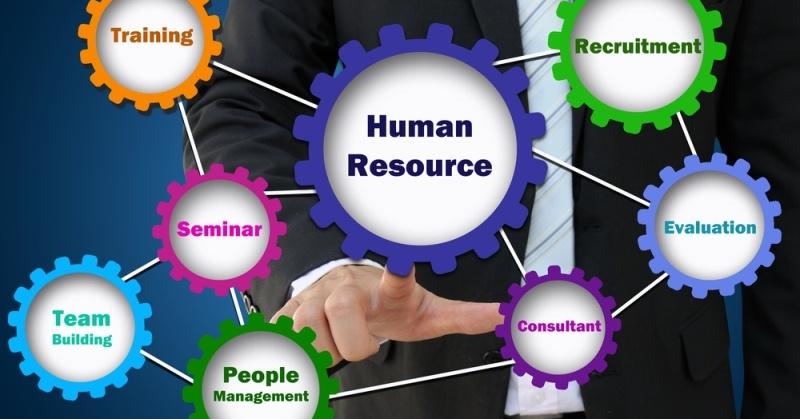Most employees only have contact with their HR department when they are hired and when they depart an organisation. As a result, there is a belief that this is all that HR do. Perhaps even by business owners and executives within an organisation. This is an out-dated attitude that is going the same way as ‘working from home makes teams less productive’ or taking issue with gaps in resumes.
Today, your HR should be playing a pivotal role in shaping the culture and environment of your workplace. It also has the capacity to shape business goals, and help your organisation leverage data and opportunities to be more competitive within your market.
There is a difference between the administrative arm of HR and the full capabilities of the HR function and HR professionals.
These are just some of the ways HR can play a pivotal role and add value to your organisation. Bear in mind that if your in-house teams do not have the resources to manage more than this, you can always work with a HR consultant to provide that expertise, oversight and bring fresh ideas to your table.
Let’s take a look at what HR could be bringing to the table in your organisation.
Managing a Modern, Evolving Workplace
We all know that the pandemic changed the working world forever, but now three years on from the first lockdowns we forget how quickly workplaces needed to adapt, to create new processes and systems to keep your organisations moving forwards. This was the work and role of HR.
Today, on the other side of the catalyst event that made us change our attitude to the way we work, the role of HR is to keep up with these changing trends, capitalising on new workplace expectations and creating the best possible working environment, suited to a modern (and even forward thinking) business.
There are so many approaches, methods and steps to achieving this, but in its basic form, the role of HR here is to facilitate feedback opportunities, collect information from the people that power your operation and open channels of communication.
HR will be the role that manages the success of any new initiative or change; first by planning the implementation, but then managing the feedback, measuring the success and making iterative improvements – as all good, modern workplaces should. Without HR, your company is going to lose it’s edge. Businesses can be ‘left behind’, unable to recruit or retain talent. This means losing skills and innovation to your competitors, resources sunk into recruitment and a loss of productivity.
Employee Wellbeing Isn’t Only Important on Induction Day
Your HR teams are typically the champions of employee wellbeing. It is their role to promote physical and mental health in the workplace and provide a support system when a member of your team needs it. This must be available continuously if your people are going to feel confident and supported throughout their tenure working with you.
This isn’t a static process. With changes to the workplace that we’ve already discussed, new faces and growth, the structures and initiatives you have in place should also evolve to match.
Moreover, it is the strategic role of HR to identify trends or common themes in employee wellness, i.e. identifying if there is a problem. For example, an influx of middle managers reporting concerns with overwhelm, stress or burnout by understanding absenteeism and productivity data.
HR is here to keep your team healthy, able to work and moving towards shared goals.
The Heart of Workplace Culture
Again, we hope it doesn’t need to be said that culture isn’t just an annual christmas party. It’s also not going to create itself.
Of course, personalities within your business help to promote and shape a culture (which is why hiring the right people is so important – another part of the role of HR), but it is still the role of HR to proactively align the working environment with business goals.
HR should be collaborating with leadership to define the company’s mission, vision, and core values. These values serve as the foundation for the organisation’s culture. HR is also responsible for effectively communicating these core values and expectations to all employees. This includes integrating them into onboarding processes, employee handbooks, and ongoing training.
Employee relations is another fundamental part of the HR function. – the way the company communicates with individuals, meets their needs and maintains the relationship. Today, we understand that employee relations are a major contributor to how people feel about the workplace, shaping the attitudes they bring into the workplace and environment that forms. If there is negativity, roadblocks and toxic employee relations, you can expect the total workplace culture to follow.






